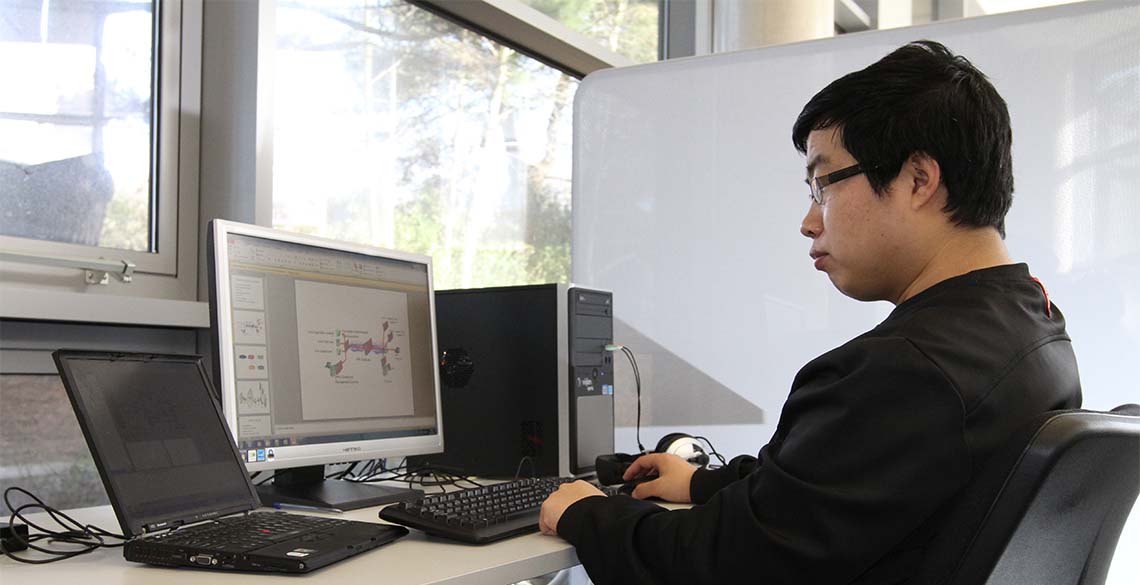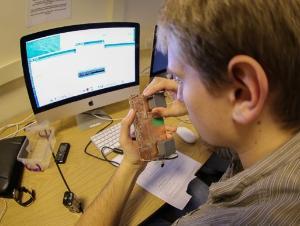Advanced Reasoning

Advanced Reasoning Group (ARG) covers all major areas of Computational Intelligence (CI) and is one of the world-leading groups in CI, …
...particularly renowned for its invention of semantics-preserving approximate techniques for explicit knowledge model formulation and simplification and for its ground-breaking work on data-driven decision support with increased level of automation, efficiency, and reliability.
Also, our strength lies greatly in bridging advanced techniques of evolutionary computation, data science and other emerging technology like digital twin with the modelling of decision making.

Grants and applications focus on building intelligent decision support systems, especially in crime detection and prevention, engineering design analysis, computer-based diagnosis, and remote sensing data analysis for environmental monitoring. Topics include: multiple failure FMEA and sneak circuit analysis; model-based whole lifecycle automated system analysis; qualitative model-based learning; knowledge extraction over high dimensional data sets; compositional modelling and preference handling; and modelling scares data and reasoning with sparse knowledge. As the front-runners in the relevant research areas, we have led and/or contributed to organising many international and national events in the subject area, including chairing many prestigious events (e.g., the 2007 IEEE International Conference on Fuzzy Systems, the EPSRC Workshop on the Future of Fuzzy Systems Research, and the 20th anniversary of the Annual Workshop on Computational Intelligence in 2021). We also extend the international research partnership through joint projects and exchanges: Newton Intuitional Link 2021, COST: European Cooperation in Science and Technology, and Korean Capacity Building in AI 2023-25, for instance.
Research Topics
- Qualitative reasoning, multiple failure FMEA and sneak circuit analysis, model-based analysis and learning,
- Approximate reasoning, fuzzy systems, fuzzy and rough sets,
- Evolutionary computation and randomised heuristic search,
- CI techniques for robot control and image analysis,
- Data science and engineering, data pre-processing, explainable AI, and
- Computational causal inference, functional imagination, and artificial intuition in the context of digital twin.
